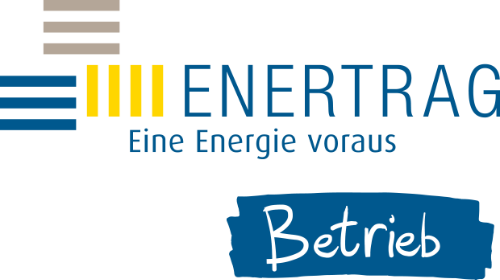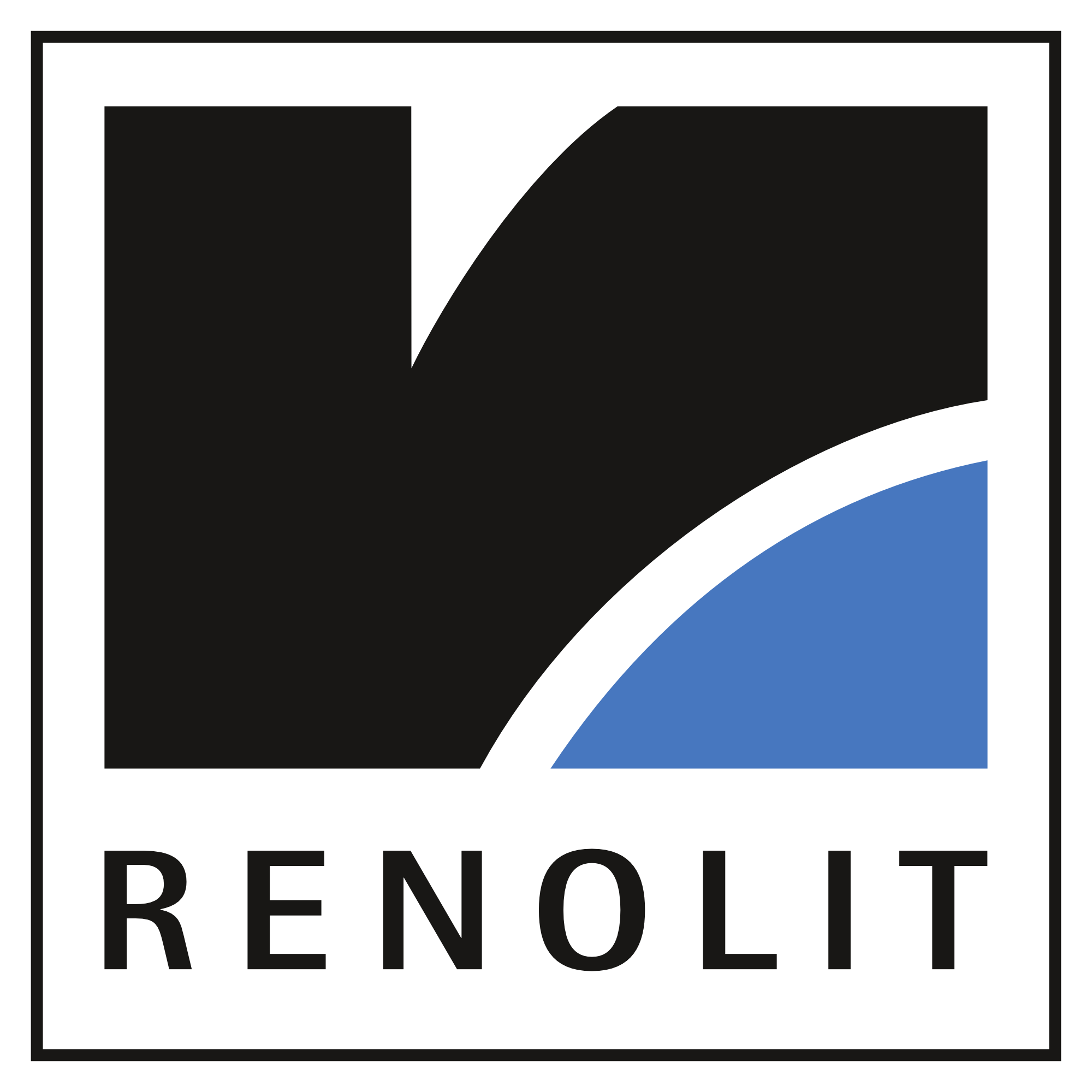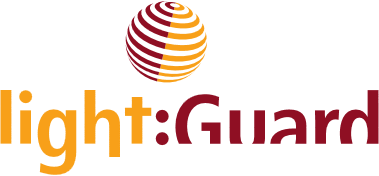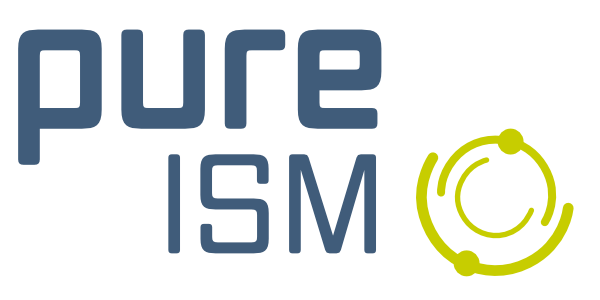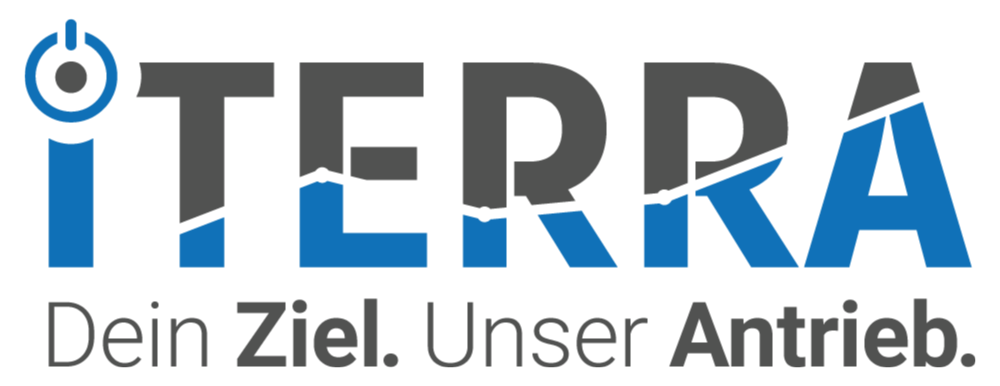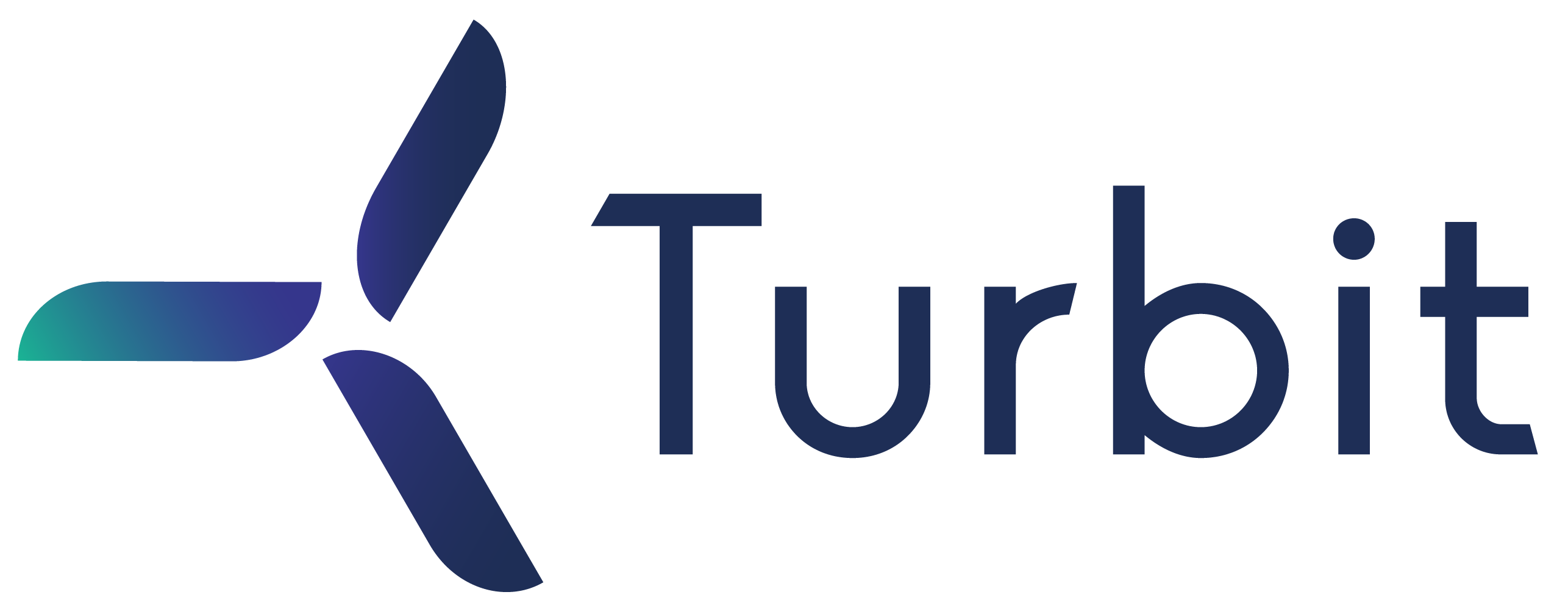In view of the current challenges in the German wind energy sector, the Tailwind project is dedicated to B2B platform development, validation and piloting. This is intended to open up new perspectives for local wind turbine operators for the continued operation of their plants, as well as to open up access to international markets.
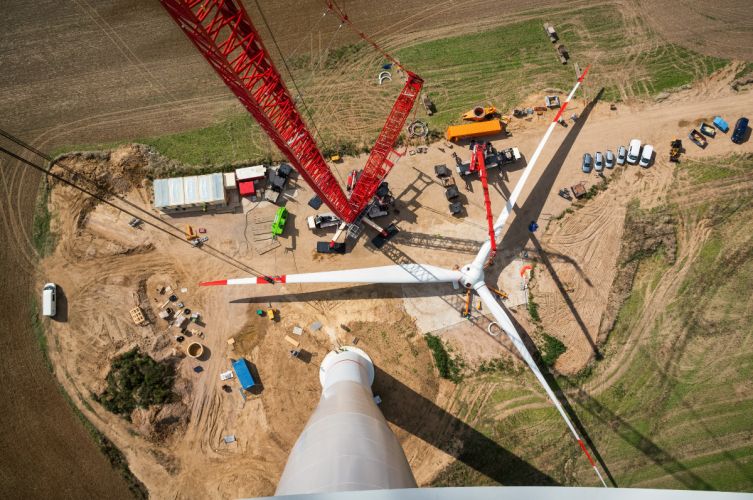
What are the challenges?
65% of electricity generated from green sources - that is the target that Germany would like to achieve by 2030. This challenge is all the greater because, for many reasons, the expansion of wind power plant capacity is proceeding with the handbrake on.
New land for onshore wind turbines is scarce, and developing the few that do exist is proving enormously complicated. Another hindering factor is the discontinuation of EEG subsidies for wind turbines after 20 years. What will happen to subsidized turbines - this affects about 25 percent of the current stock by 2025 - is uncertain.
One way to make better use of the land occupied by existing turbines would be repowering, replacing older turbines with more efficient and powerful WTs. However, there is a lack of economically viable concepts for this, which explicitly focus on repowering to expand existing usable areas.
Whether in the context of repowering or generally after the end of the operating period: The problem of recycling old turbines is currently highly discussed, but suitable solutions are also required for this. Current approaches focus primarily on the continued operation of old plants, for example through power supply contracts with large industrial customers - so-called Power Purchase Agreements, or PPAs for short. However, even this option is far from being used across the board.
How does the Tailwind project meet these challenges?
The challenges described at the beginning offer a lot of potential and direct approaches for developing an innovative, digital B2B platform business model. The aim of the Tailwind project is to develop and validate such a model.
German wind turbine operators are to receive economic incentives through this platform business model to replace their old turbines with new ones and to find sites abroad for "second life" use.
The B2B platform is not merely a marketplace for old wind turbines abroad, where they are simply offered for sale. Instead, the business model offers German operators the prospect of receiving financial compensation per kilowatt hour generated for continued operation abroad - in pay-per-kWh mode. In this way, "Made in Germany" becomes "Operated by Germany".
Other advantages include longer utilization of their investments, while the co-operators abroad benefit from the experience and operator know-how of their German business partners. Last but not least, this bilateral approach also ensures proper and orderly recycling at the end of the WTG's service life, as the wind turbines are to remain the property of the German operators under this business model. Accordingly, recycling is also carried out according to German standards.
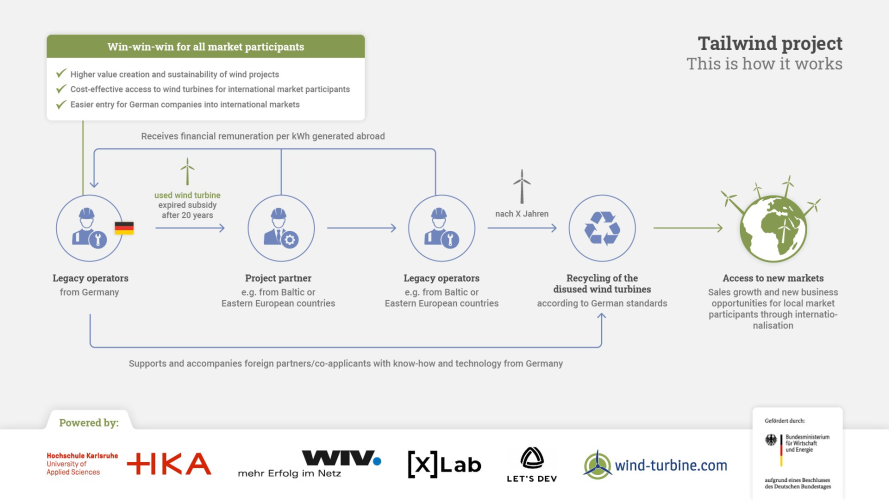
In the development and validation of the platform business model, the goal is to successfully and pilot at least five used wind turbines including their pay-per-kWh operation. The focus is on Eastern Europe, Latin America and Africa as new target countries. This requires a methodical, structured and, above all, customer-oriented development of a business model.
Early user tests should generate rapid learning effects and thus increase the probability of success of the platform business model. On top of this, it also opens up new business models and revenue growth for other German market players through access to international markets.
Bundled competencies
Strong partnerships from the business community give the Tailwind project the necessary thrust:
1. the Hochschule Karlsruhe University of Applied Sciences (XLab) and the team around Prof. Dr. Carsten H. Hahn takes over the development of the underlying business model due to its rich experience in the field of platform economy.
2. the WIV GmbH, (in short WIV) which is an online marketing agency especially adjusted to the needs of SMEs. WIV also operates the leading online B2B platform for the wind power industry, wind-turbine.com. Accordingly, it brings a large network, valuable contacts to potential pilot operators and a lot of industry experience to the project.
3. let's dev GmbH & Co. KG (let's dev for short) is an experienced software company with 40 employees based in Karlsruhe and is particularly active in app, backend, web and cloud development as well as UX design. As part of the Rückenwind project, let's dev is responsible for the technical implementation.
In addition, the Tailwind project is funded by the Innovation Program for Business Models and Pioneer Solutions (IGP) of the German Federal Ministry for Economic Affairs and Energy (BMWi).
"The possibility of continued operation for operators of old plants after expiration of the funding abroad, supported with sustainable German technology & know-how, is unique. We are very much looking forward to implementing this ambitious project with our partners from Karlsruhe in order to give the German wind industry access to new markets via this route", says Bernd Weidmann, CEO of wind-turbine.com as well as WIV GmbH.















